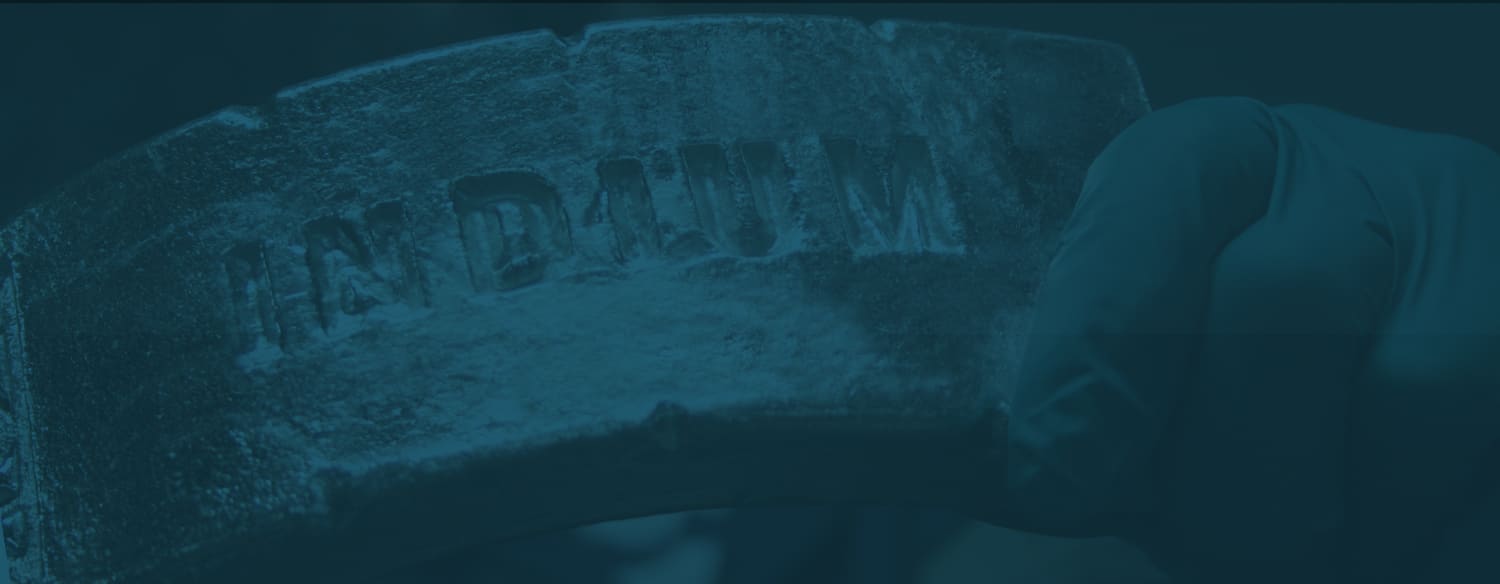Folks,
A recent CNN article tells a story that strongly argues for RoHS. The story discusses how electronic material that is recycled often ends up in poor countries and is improperly processed. A quote from the article follows:
"While there are no precise figures, activists estimate that 50 to 80 percent of the 300,000 to 400,000 tons of electronics collected for recycling in the U.S. each year ends up overseas. Workers in countries such as China, India and Nigeria then use hammers, gas burners and their bare hands to extract metals, glass and other recyclables, exposing themselves and the environment to a cocktail of toxic chemicals.
"It is being recycled, but it's being recycled in the most horrific way you can imagine," said Jim Puckett of the Basel Action Network, the Seattle-based environmental group that tipped off Hong Kong authorities. "We're preserving our own environment, but contaminating the rest of the world." "
Yes, lead and other toxic materials can be recycled safely, but it requires discipline and infrastructure. As recycling becomes more and more common, it will often be performed in uncontrolled ways, as this article suggests. Making sure that the electronics contains no toxic materials is a good beginning to safe recycling. RoHS helps in this manner.
Cheers,
Dr. Ron


